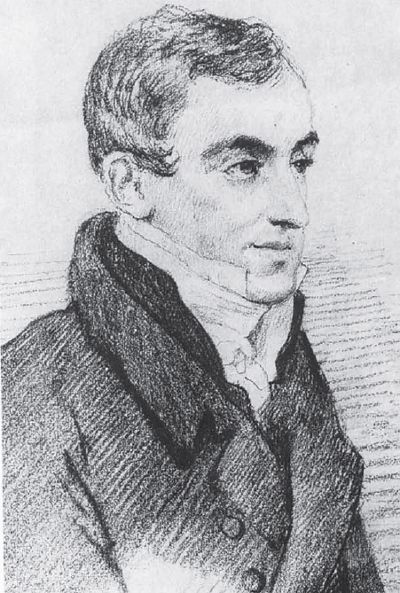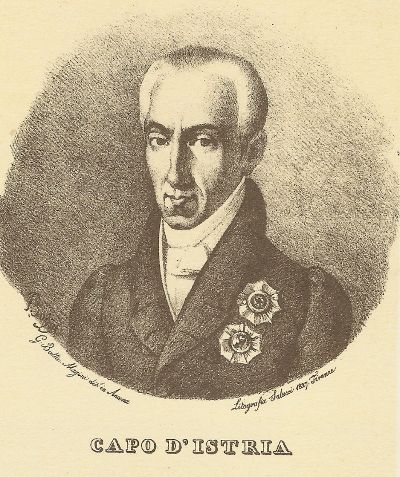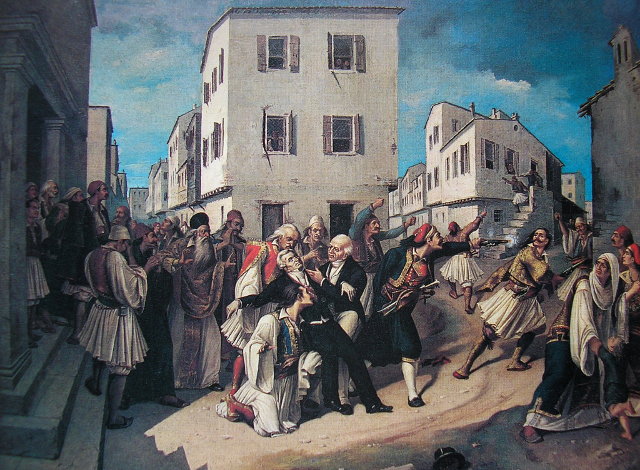On 11 February 1776, Ioannis Kapodistrias, a Greek politician and diplomat, was born on the island of Corfu, then under Venetian rule. He later became Foreign Minister of Russia and the first Governor of independent Greece, playing a pivotal role in establishing the modern Greek state, even using his own personal wealth to support its foundation.

Born into a noble family, Kapodistrias studied medicine, philosophy, and law at the University of Padua in Italy. After returning to Corfu in 1797, he worked as a doctor but soon became involved in politics and administration, especially after the Ionian Islands gained autonomy in 1801. His diplomatic skills and leadership helped stabilise the new state, earning him recognition across Europe.
Kapodistrias joined the Russian diplomatic service in 1809 and became a key figure in European politics, representing Russia at the Congress of Vienna and playing a major role in securing the independence and neutrality of Switzerland. In 1816, he was appointed Foreign Minister of Russia, but he never forgot his homeland, advocating for the rights of the Ionian Islands under British rule.

When the Greek War of Independence began in 1821, he resigned from his Russian post and dedicated himself to the Greek cause. In 1827, he was elected Governor of Greece, arriving in Nafplio in 1828 to rebuild the war-torn country. He implemented major reforms in administration, education, economy, and the military, despite facing strong opposition from local factions.
His leadership, however, led to conflicts with powerful Greek families, particularly the Mavromichalis clan of Mani. On 27 September 1831, he was assassinated in Nafplio, marking one of the most tragic moments in Greek history.

Kapodistrias is widely regarded as the founder of the modern Greek state, and his legacy endures through public institutions, including the National and Kapodistrian University of Athens and Greece’s administrative reform plan “Kapodistrias Programme”. His portrait also appears on the Greek 20-cent euro coin, honouring his immense contribution to Greece.
Also read: ON THIS DAY: Bertolt Brecht is born (1898)
With information from: SanSimera


